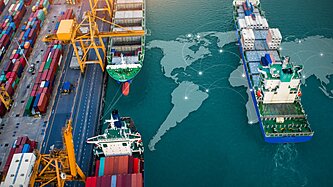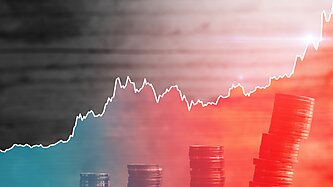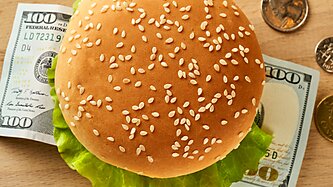module
Real World Economics
This module cultivates critical thinking as students explore microeconomics and macroeconomics. They’ll analyze the government’s role in the economy, encouraging evaluation and understanding of economic principles and interventions.

Lessons
Lesson
Regulations
The Good, the Bad, and the Ugly
By the end of this lesson, students will have a better understanding of the complex and nuanced relationship between government regulations and private firms and individuals.
Lesson
Market Failure versus Government Failure
This lesson will examine how both market failure and government failure can result in an inefficient allocation of resources and a loss of economic and social welfare.
Lesson
Comparative Advantage and the Gains from Trade
In this lesson, we will explore one of the fundamental concepts of economics and international trade—comparative advantage, which is the production of a good or service at a lower opportunity cost than another country.
Lesson
The Causes of the National Debt and Its Implications for Future Generations
By the end of this two‐day lesson, students will have a solid understanding of the impact of the growing U.S. debt on the economy and its implications for future generations.
Lesson
Price Controls
Unintended Consequences in Action
In this lesson, students will learn to evaluate and analyze the effectiveness and unintended consequences of price controls.
Lesson
Often, the Meaning of Cost Varies When You Ask Different People Who Are Part of the Same Single Transaction
Which perspective should you take if you’re trying to answer the question, “How much does that hamburger cost”? Whose point of view, even if we rightly include opportunity costs, is the “correct” one? How might this help us to analyze issues of public policy?
Lesson
The Concept of Comparative Advantage Is Sometimes Mishandled in Discussions of International Trade
Comparative advantage is complex, learn how to define it and how it is different from absolute advantage in this lesson.






